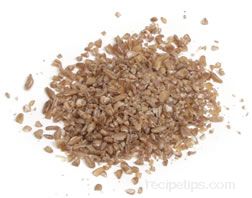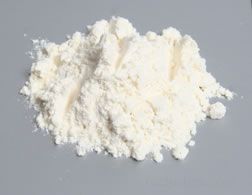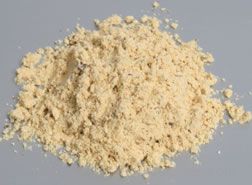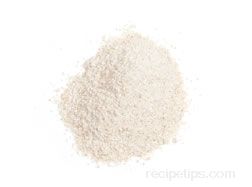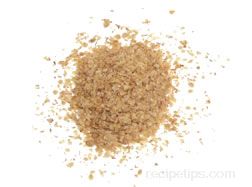Loading
Similar Content to: Wheat Berry
back to Wheat Berry
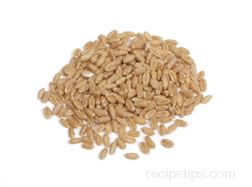
A sensitivity to wheat that is initiated by the immune system’s response to proteins found in wheat. This allergic reaction causes a number of symptoms including watery eyes, itchy eyes and skin, runny nose, possible skin rashes, and even diarrhea, which are noticeable soon after consuming wheat or wheat products. A wheat allergy is usually the least serious among the three major categories of wheat/gluten sensitivities. Gluten intolerance is usually more serious than a wheat allergy and celiac disease is more serious yet.
People who have a wheat allergy can eliminate wheat and wheat products from their diets in order to relieve distressing symptoms. It may be possible for a person with a wheat allergy to consume other foods that contain gluten, such as rye, although every person is different and will need to develop their own list of foods that are safe to eat. It is always best to read the labels on all food products to ensure that wheat is not an ingredient.

Loading
Advertisement
Advertisement







